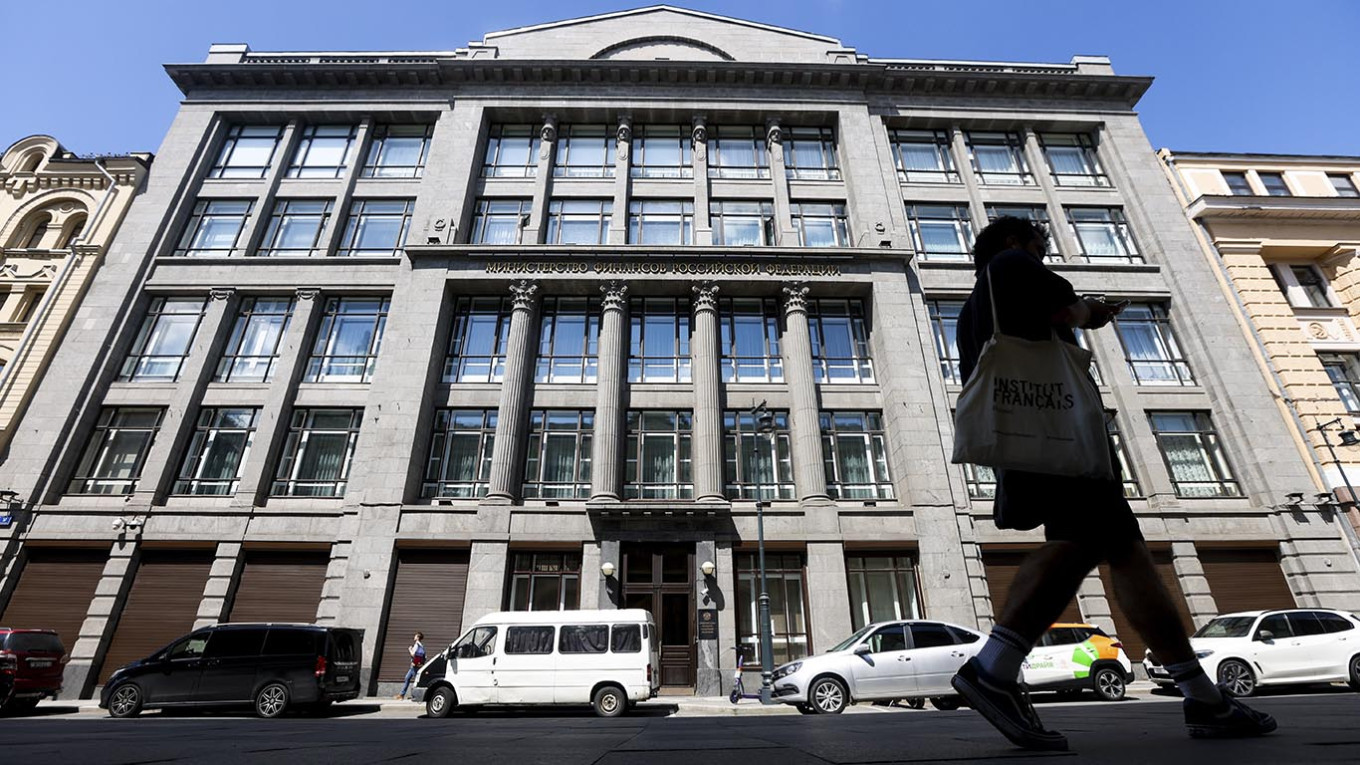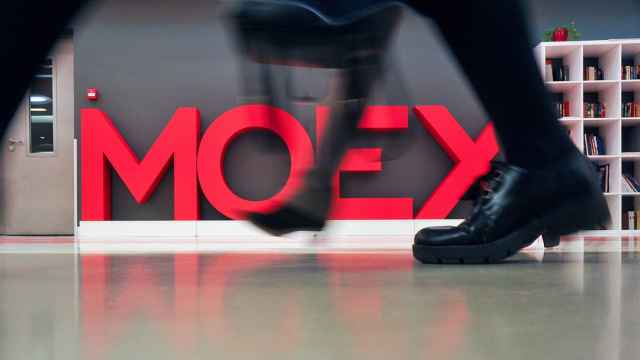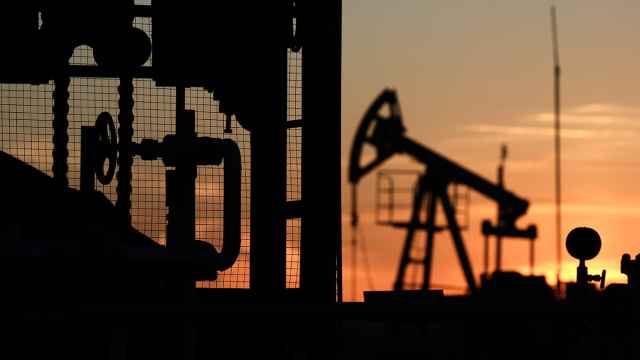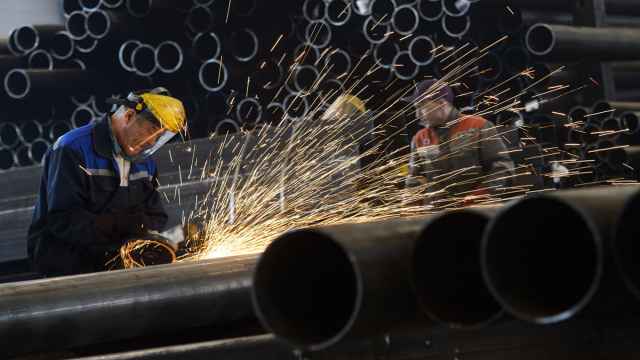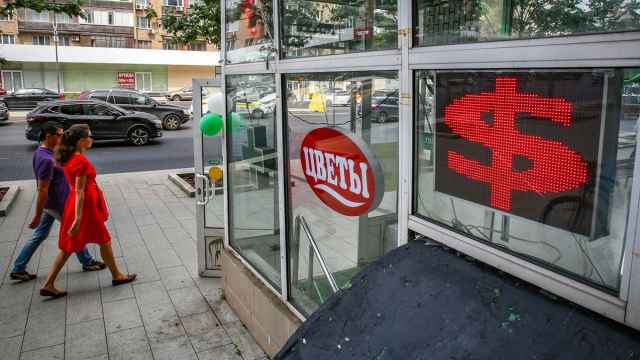Russian companies expect to raise prices significantly in the coming months as tax increases loom, the Central Bank has said, citing its November survey of more than 10,000 enterprises.
Russia is set to raise value-added tax (VAT) from 20% to 22% from Jan. 1, 2026, as well as cut the revenue threshold for mandatory VAT payments from 60 million rubles ($739,000) to 10 million rubles ($123,000) in phases.
The tax changes have sparked alarm among entrepreneurs and business lobbies, who warn that thousands of small firms could be forced to shut down or move into the shadow economy.
Businesses plan to lift prices by an annualized 6.3% over the next three months, up from 4.2% in October and 2.9% in September, the Central Bank survey said.
The gap between companies intending to raise prices and those that do not widened to 23.2 percentage points in October, the highest level since January.
While the Central Bank did not comment on the reasons for rising inflation expectations, in October it partly attributed the shift to the upcoming tax hikes.
Economist Yegor Susin said expectations are being driven by “VAT increases and other tax changes.”
Analysts at Tverdye Tsifry said companies are already preparing to adjust wholesale prices to account for higher fiscal burdens.
Retailers foresee the steepest increases, with expectations rising to 11.8% after 9.4% in October.
The sector also showed the largest divide between firms planning and not planning price hikes, with a 43.6- percentage-point difference.
Auto retailers followed, with a 38.7-point gap.
The auto industry faces the removal of exemptions on the vehicle recycling fee in December and a 20% increase in the levy from January, measures aimed at pushing Chinese manufacturers to localize production.
Analysts say the changes will also allow domestic carmakers to raise prices.
Expected price growth in the services sector also jumped sharply to 7.9% from 4.4% in October.
Companies reported that cost pressures remain high despite a slight slowdown in input inflation, while demand continues to weaken.
Overall assessments of market conditions also deteriorated, the survey showed.
Even so, the Central Bank’s business climate indicator rose for a second month, driven mostly by improved expectations including hopes for stronger demand.
But much of the anticipated demand growth is expected to be absorbed by higher prices, the CMACP think tank said.
Susin noted that it is unclear whether demand will actually recover — but inflation expectations have already risen, offsetting recent optimism, analysts at MMI added.
A Message from The Moscow Times:
Dear readers,
We are facing unprecedented challenges. Russia's Prosecutor General's Office has designated The Moscow Times as an "undesirable" organization, criminalizing our work and putting our staff at risk of prosecution. This follows our earlier unjust labeling as a "foreign agent."
These actions are direct attempts to silence independent journalism in Russia. The authorities claim our work "discredits the decisions of the Russian leadership." We see things differently: we strive to provide accurate, unbiased reporting on Russia.
We, the journalists of The Moscow Times, refuse to be silenced. But to continue our work, we need your help.
Your support, no matter how small, makes a world of difference. If you can, please support us monthly starting from just $2. It's quick to set up, and every contribution makes a significant impact.
By supporting The Moscow Times, you're defending open, independent journalism in the face of repression. Thank you for standing with us.
Remind me later.


